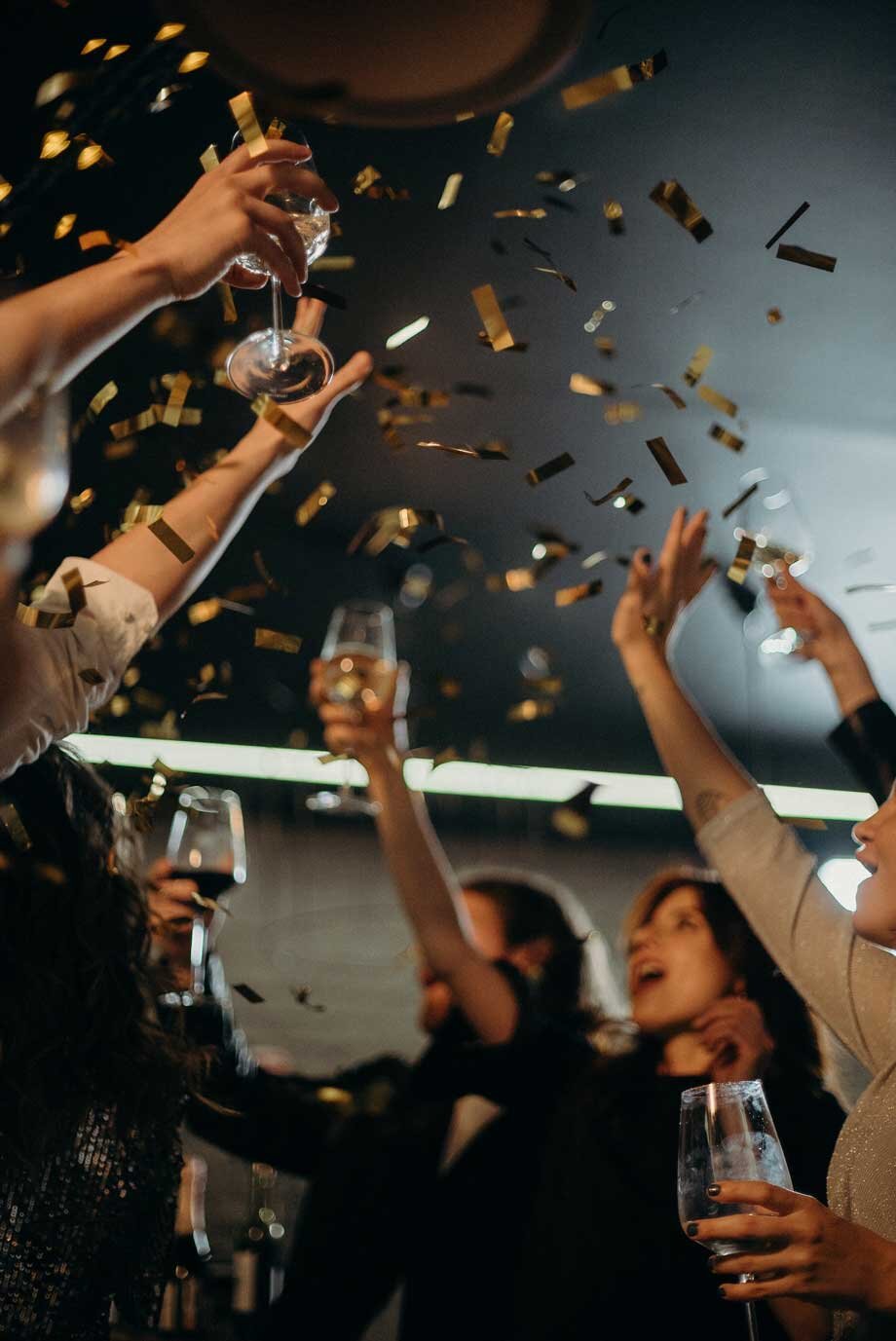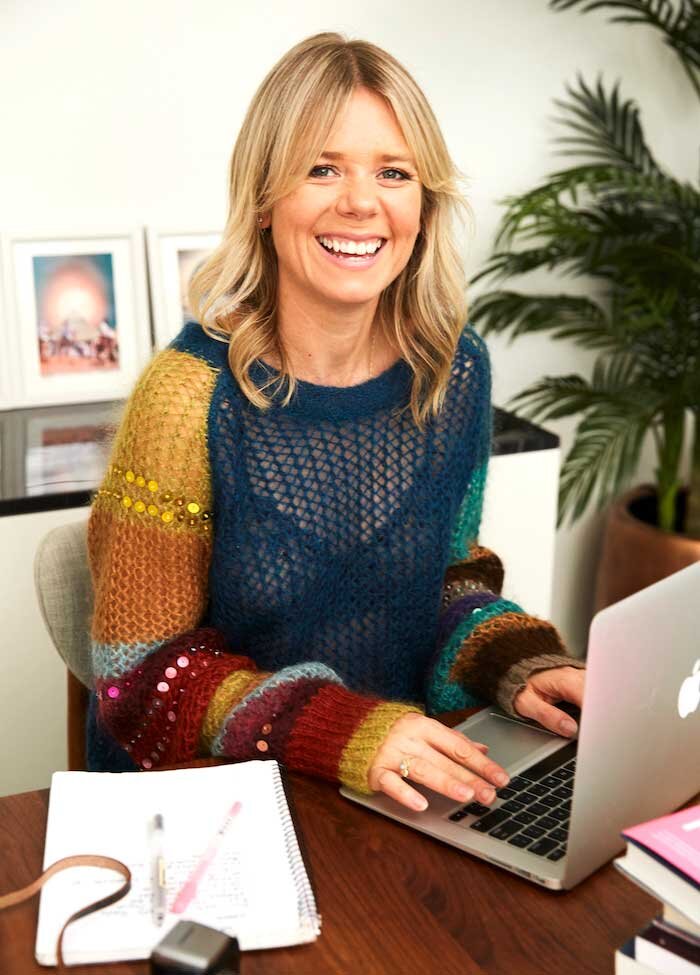How to smash Dry January (and beyond)
Following the most wonderful(ly boozy) time of the year, it’s worth contemplating no alcohol and embarking on Dry January to start the year off right
Text: Livvie B
Having initially been uncorked in the UK in 2014, Dry January is a month-long commitment to sobriety and no alcohol, which quickly gained global traction thanks to its easily navigable directions and timely start date — the new year is a time that many of us use to reset ourselves after an often booze-soaked festive season.
Despite its initial popularity, Dry January seems to be falling in popularity, with only 14% of respondents according to a YouGov poll saying they’d be taking part in 2020, as opposed to 23% the year before. This downward trend, in part, is being attributed to the face that people are drinking less in general, therefore there are fewer people finding the need to go sober for a month. (Conversely, it could be because many of us have spent too much of 2020 socially distancing and turning to the bottle).
To find out more about Dry January, its potential merits, and top tips for living a more sober conscious lifestyle, we caught up with Ruby Warrington, author, journalist and voice behind the term ‘sober curious; and Ruari Fairbairns, co-founder of One Year, No Beer (OYNB), to hear their thoughts and experiences.
1. Share a little more about your personal relationship with sobriety ...
Ruby: I’ve been “sober curious” for the past nine years. Sober curiosity is a term I coined to describe my own uneasy relationship with booze. After many years of privately questioning my drinking, I began speaking openly about my conflicted feelings about alcohol in 2015. At this point I realised a lot of people felt the same way as me — they knew alcohol could be problematic for them, but didn't see themselves as alcoholics. They were either afraid to talk about it, or didn't have an outlet for an open discussion about the problems even "normal" drinkers experience.
Ruari: During my time as an oil broker in London, two worlds collide — partying and being successful — and the more I partied, the more successful I was. After a few years of this lifestyle, I started to experience a number of health problems such as IBS, anxiety and dry skin.
I got introduced to the mediation and sleep app Headspace and this is when I realised that alcohol was causing me trouble. I approached my boss and said that I was thinking about taking a break from booze; he said it would be committing commercial suicide!
Six months later I finally did it and was blown away with the benefits. I became fitter, faster, healthier, and a better husband and Dad. My IBS and dry skin disappeared. Indeed, there was no area of my life that didn’t improve.
2. What are your thoughts on the Dry January concept?
Ruby: I think any break from alcohol is a good idea, but if the main reason is to detox before you “retox,” I would question why you’re so keen to go back to alcohol. The desire to take a break stems from the feeling that alcohol isn’t making you feel good. I think Dry Jan works best when approached with a different mindset: how good will it feel not to drink? Why would I not want to feel like this all the time?
Ruari: We need to change our way of thinking in relation to drinking, and especially the common misconception that drinking is a reward. The health benefits of going alcohol free are a reward in themselves. I think going sober for Dry January only, and to start drinking again straight after, is a real shame. There’s no need to wait till January, and there’s certainly no benefit to be had from drinking as soon as it’s over.
3. What are some of the main reasons that people go sober for a month?
Ruby: Usually they feel like they are drinking “too much” and want to press reset (my new book The Sober Curious Reset suggests taking 100 days off if this is your goal). Again, questions to ask include: what is “too much” for you, and why? Why are you drinking too much? If you find it hard to drink in moderation, then why is this?
Ruari: When talking to our new OYNB members, we can clearly see these same trends emerging across all of their lives; they have fallen into bad habits, they feel peer pressure to drink, they have worries and may be using alcohol to self-medicate. Many find themselves stuck in a rut, unable to navigate themselves back to a new healthier normal and this is where the programme can help.
4. As the non-alcoholic movement continues to gain traction, are these sober months becoming less relevant?
Ruby: The fact there are so many (Dry Jan, Dry July, Sober September, Sober October) shows how many people have a desire to change their drinking habits and are curious about how it feels not to drink.
Ruari: Whilst there will always be an awareness around days such as Sober October and Dry January, I personally feel that we need to look beyond these landmark dates as an excuse to hold off on shifting or changing behaviours. That’s why we’ve recently launched our New Year Now campaign which aims to support people towards making positive lifestyle choices now, rather than waiting.
5. Please share some of your tips for embracing a sober curious lifestyle ...
Ruby: We can’t avoid judgement and questions, we just need to learn how to manage them. The key to this is being really clear about why you are taking a break; when you know your “why” other people’s opinions are less important. And there are so many sophisticated “af” drinks on the market now, how about making it a cool talking point to be having something else?
Ruari: Find some alcohol-free versions of your favourite drinks. The quality has improved substantially over the past couple years and more often than not they take the craving edge off and trick the brain. Also, find a community. Our members don’t realise the impact of our community until they join, and then they don’t want to leave. Being supported by like-minded people who understand you and the struggles you face, can sometimes make all the difference
6. How can we still have fun without drinking in January?
Ruby: Expect to have fun and you will! This sounds really simplistic, but mindset is everything. Expect to be surprised by how good it feels not to drink, and how much more energy and optimism you have for life, and the “fun” will find you.
Ruari: January, and every other month of you year for that matter should be all about self-care. You don’t need to drink alcohol to have fun. I strongly feel that taking good care of yourself can bring so many other amazing benefits to you and your loved ones.
If you, or someone you know, could benefit from speaking to an expert about alcohol and drinking habits, log onto our list of local psychologists and therapists who can offer confidential support and impartial advice.













